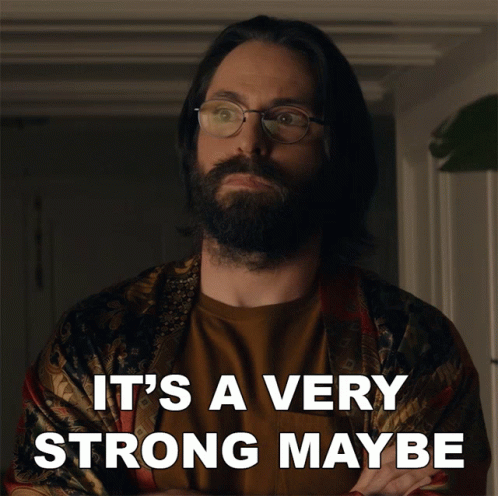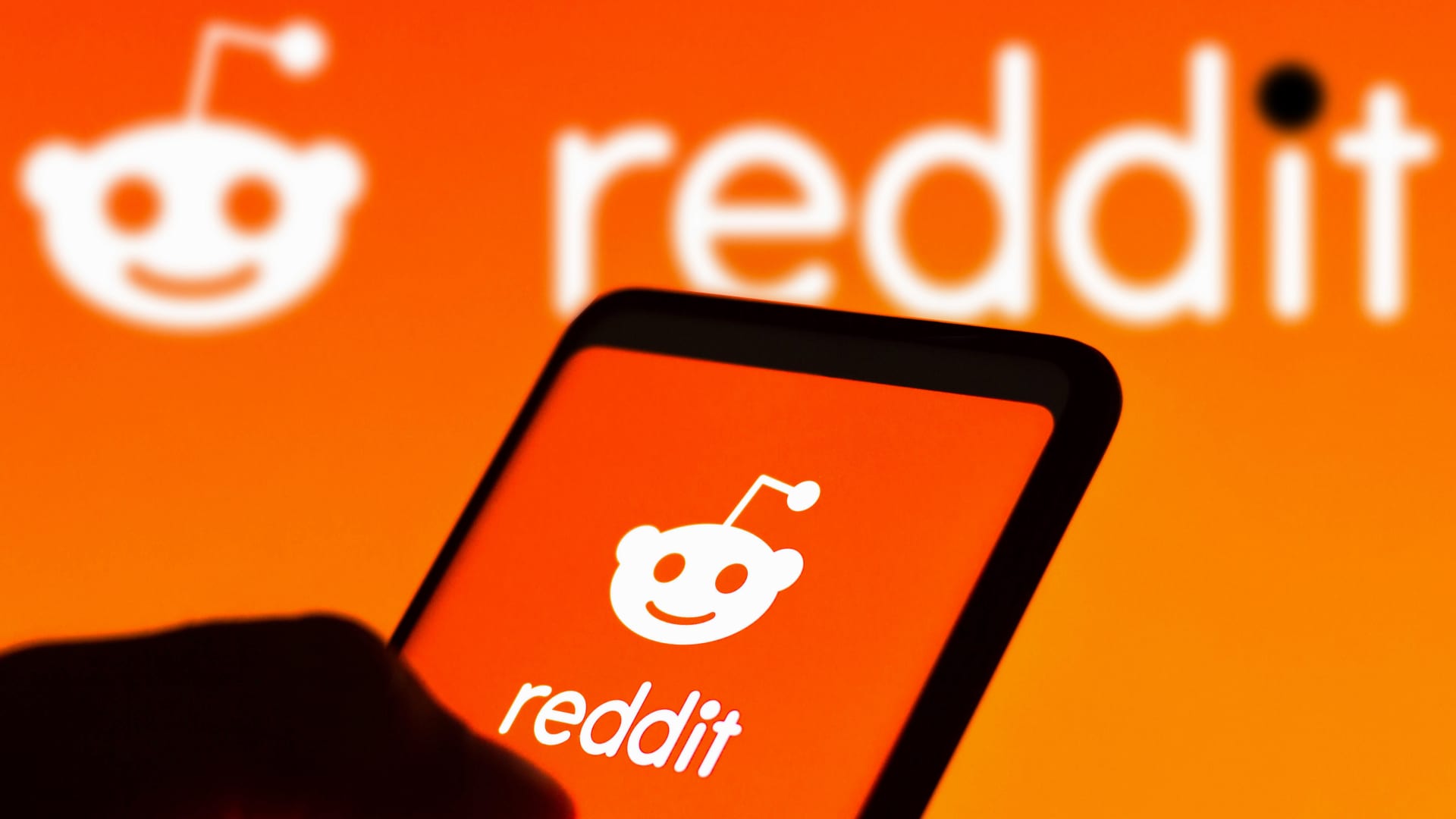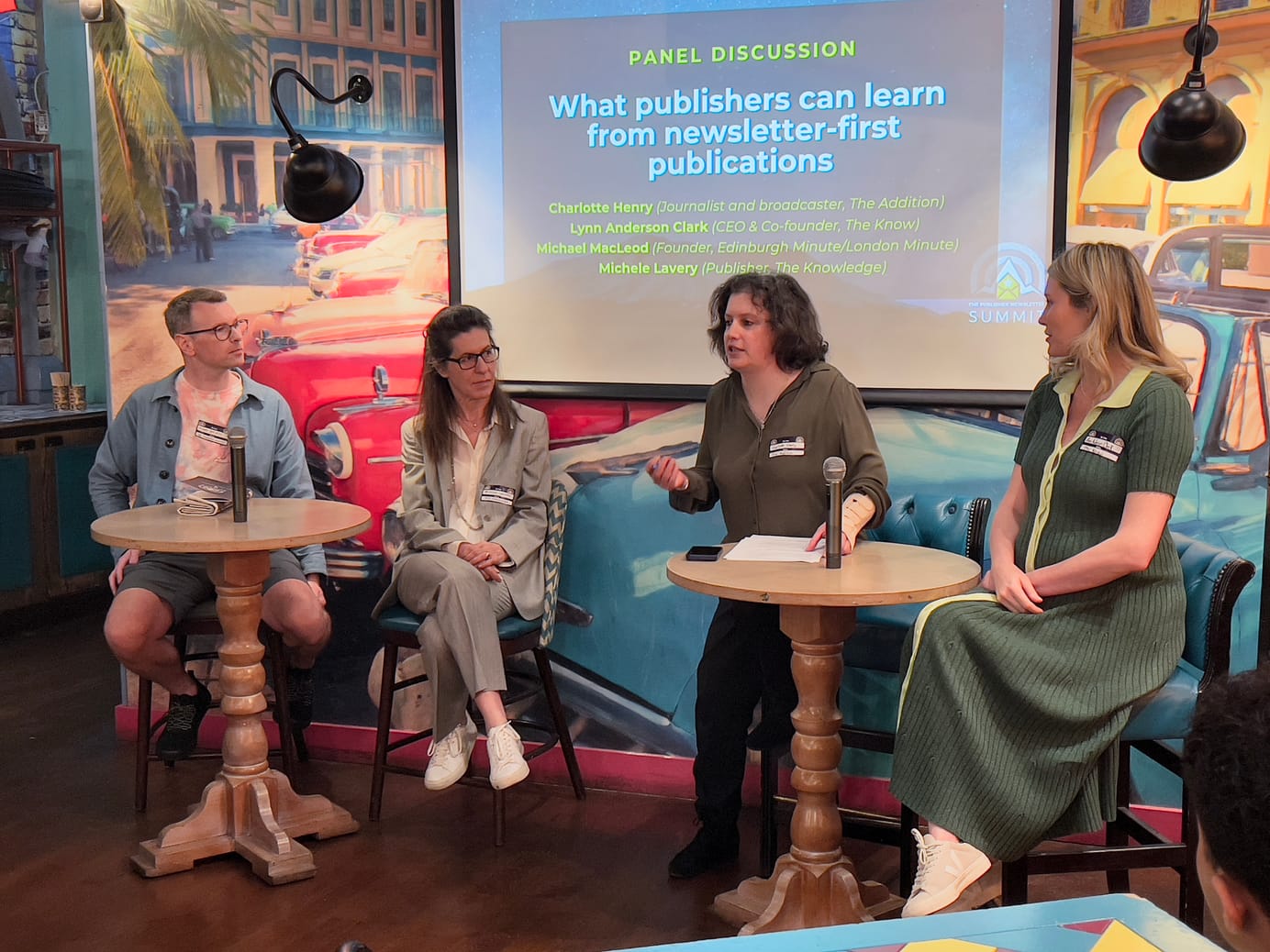
The second age of digital journalism is over
Vice is the latest digital player to collapse. But the phoenix of the third era of digital media is being birthed in the ashes of the social web age.
Vice, as we know it, is dead. The swashbuckling, inspiring and often market-leading magazine turned digital player is bleeding out.
The rumours were flying yesterday, with staff hearing whispers that they should save copies of their work while they still could. Then the WSJ got the story: the web edition was shuttering, and yet more journalists would be looking for a new job.
From the WSJ piece:
“It is no longer cost-effective for us to distribute our digital content the way we have done previously,” Dixon told employees in the memo. He said the company could partner with established media companies to distribute its content. “As part of this shift, we will no longer publish content on vice.com.”
It's the end, but the moment has been prepared for…
The death of Vice as a powerhouse of digital media marks, for me at least, the final end of the second age of digital publishing. The powerhouses that were fuelled by venture capital money and easy traffic from search and social are either gone, or are struggling on as pale shadows of their former selves.
This, though, isn't the end of digital journalism, despite the general gloom and doom tone of a late of media industry reporting of late. This is merely the end of its second era, as those companies that failed to evolve and adapt die to make way for new publications.
The first age of digital publishing
I sat out the first age of digital publishing. In the late 90s and early 2000s I was largely working on print titles, and the digital teams operated almost completely separately. From 1997 onwards my stuff went online, but I had little or no influence on it. It was literal shovelware: copied from the magazine CMS into the web CMS. My engagement with the emerging world of online communities, Web 2.0 and eventually social media was all done in my spare time, outside work.
When it became obvious that the company I was working for could no longer ignore the social web, the company came looking for people with experience in it, and found me. And that's how I began my shift from full time journalist to editorial digital development work. And in those early years — 2006, 2007 — I was surprised to find that my biggest opponents were not the hardcore print types, but the early Web 1.0 guys, the people who learnt their trade and built their sites in the pre-social web days, and dismissed all this emerging interactivity as a fad.
Every generation of people fails to spot when their time is done. And it's happened again.
The second age of digital publishing
The Web 1.o generation lost, clearly, and the social web has been the dominant narrative of the past two decades. Big digital operations, built off search and social traffic, bestrode the online landscape for the best part of 15 years. But by 2018 the cracks in their foundations were showing. Social traffic took a dive, and then search got harder and harder. The big, VC-backed pure play digital guys couldn't adapt in time. We're now seeing their last gasps.
The remnants of the UK Buzzfeed and Huffington Post might end up franchised to The Independent — once a print newspaper. Nobody would have predicted that even half a decade ago. Vice as we knew it is dead. When was the last really successful VC-backed mass market launch? If I was a, say, Semafor, a throwback to the VC-backed digital media age, I'd be feeling nervous right now.
The second wave of digital publishing is done, and those clinging to it will end up like those Web 1.0 folks I encountered nearly 20 years ago. The next wave looks very different. It will start small, and build. It'll use one of the many emerging digital platforms to keep its cost base low, and will bootstrap its own growth as much as possible.
And it's already here.
The emerging third age of digital publishing
Last week, I linked to stories about Ankler Media and 404 Media hitting profitability. These are bootstrapped publications, using their own resources to grow the business on a low cost base, using existing tech platforms. They don't have vast venture capital investment hanging over them, reshaping their businesses decisions. (Ankler does have an investment lined up, apparently, but is yet to draw on it.)
This is what the future looks like. This is where the third age of digital publishing is birthing, on podcasts and newsletters and sites run on existing, cheap and powerful infrastructure, like Ghost and Substack. These titles will grow, through building close relationships with their audiences, and keeping costs low. They'll make money through ads and memberships, and eventually events as the businesses scale.
Some will manage to survive, while others will fail. The survivors will continue to grow and thrive, and eventually become the big publications of the future. It might take years. It might take decades. Remember, The Guardian started life as a weekly local paper for Manchester, and continues as such for decades… The age of the “other people's money” shortcut is, for now, done.
Size matters
In this market, launches like Digital Frontier that Dom Ponsford reported on for Press Gazette feel, at the very least, spicy, if not outright risky:
Digital Frontier has a nine-strong editorial team producing a website, twice-weekly podcast and daily newsletter. Other staff bring the title’s total headcount to 20. The independent title plans to make revenue from subscriptions, advertising and events. Its plan is to provide deeply-reported journalism, rather than breaking news, and inform business leaders across various sector who need to understand the impact of disruptive technology.
That's a chunky headcount to bring into a competitive sector. They'll have to hit the ground running, and attract attention in a crowded field, if they're not to empty their founders fairly deep pockets. 404 Media has done it - but off a lower cost base. And we've seen other successful launches in the tech sector, but they have tended to start like Casey Newton with Platformer, as one man and his blog. (Funny how this site name has come back full circle to relevance after nearly 21 years…)
Digital media's death and rebirth
We're going through a period of creative destruction. The giants of the Web 2.0 era tried to ride the tails of the boom in tech startups and social media to short-circuit the slow growth most longstanding news businesses went through. They failed. The next wave won't have that choice. If nothing else, the failure of The Messenger closed that door.
People will make mistakes. Not all small publications will succeed. But it's much easier to place 1000 bets on the future of media when everyone's starting small, and watch some of them grow into the behemoths of the next few decades.
When AI goes odd
You know how AIs going crazy and displaying unexpected weird behaviour is a sci-fi cliché that we shouldn't take seriously? Well, I have news for you:
ChatGPT appears to have broken, providing users with rambling responses of gibberish. In recent hours, the artificial intelligence tool appears to be answering queries with long and nonsensical messages, talking Spanglish without prompting – as well as worrying users, by suggesting that it is in the room with them.
Possibly worth remembering that this is still a very early stage technology before you completely reshape your business model around it…
For example, make sure that your AI-powered chatbot knows what it's doing:
An Air Canada passenger from B.C. has won his fight after the airline refused him a retroactive discount, claiming it wasn’t responsible for promising the refund because it was made in error by the airline’s online chatbot. Artificial-intelligence law experts say it’s a sign of disputes to come if companies don’t ensure accuracy when increasingly relying on artificial intelligence to deal with customers.
An immature technology rushed into production without due safeguards, you say?

Link round-up
Other stuff that's worth a fraction of your attention:
- 📺 Active TikTok users spend over 49 hours on the app a month. Terrifying that so much of their attention is being mediated by a Chinese government controlled firm…
- 🤖 Melon Husk's attempts to clear the bots from X are not going well. Over 75% of traffic around the Super Bowl was probably bot traffic.
- 💰 I had a discussion with Media Voices's Chris Sutcliffe the other day about how freelance rates haven't changed since I was last actively commissioning in 2006. Turn out it's worse than that. In some case they haven't changed in 40 years.
Five steps to diagnose SEO issues
Having a bad time with your search traffic? Good news! Google's Danny Sullivan is here to give you some annoying vague advice…

(Step six is to hire me, of course… 😉).
Even with the best support in the world, though, it can take months to recover from Google deciding you're a poor quality site. And this is yet another reason, I'm looking with concern at sites that are rushing into to producing loads of AI generated content. When (or, perhaps if) Google spots that, you might well be in for months of pain…
And while we're on the topic of self-promotion, and shameless self-promotion specifically…
Courses
Two of my course are available for booking:
.png)
This course has been completely redesigned take account of the fact that search and social traffic has seen big hits for specific sectors of media. It's also been heavily updated with research I've been doing over the past couple of months:

(I've just noticed that the biography under the course description is a decade out of date - need to get that fixed…)
Finally: You read it here first…
As predicted earlier in the week, Reddit has indeed filed for an IPO:

Watch your in-boxes over the next few days for some tasty, tasty brain meats from me on Reddit, community, and surviving the AI apocalypse.
Sign up for e-mail updates
Join the newsletter to receive the latest posts in your inbox.













